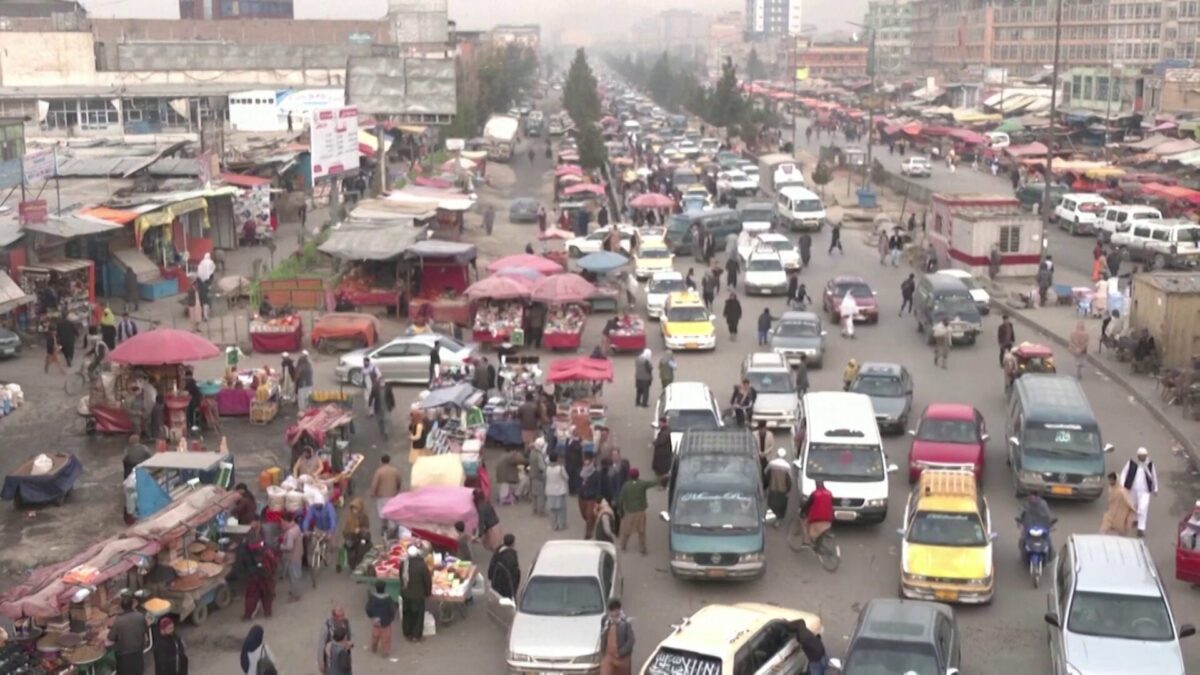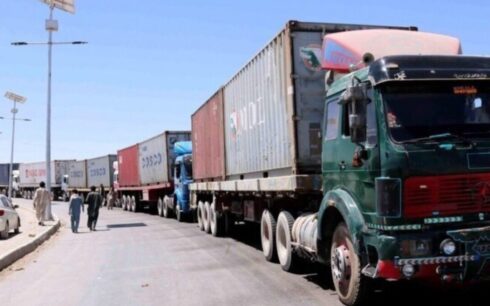Throughout the solar year 1402, Afghanistan continued to grapple with significant economic challenges, with the United Nations reporting nearly zero growth in the nation’s Gross Domestic Product (GDP).
The United Nations Development Program (UNDP) has indicated that it could take years for Afghanistan’s economy, particularly its per capita income, to return to levels seen before August 2021.
Mohammad Aslam, a 63-year-old family head of 11 and former private school employee, now finds himself unemployed. “I am reduced to begging to feed my children. Last year, I managed to find bread to eat, but now we are mired in the same misery,” he shared.
The UNDP has highlighted that the poverty rate in Afghanistan has doubled, placing 85% of the population below the poverty line. A significant decline in Afghanistan’s GDP, 31.2%, was reported by the United Nations on Jan. 18, 2024.
Factors such as restrictions on women, institutional decentralization, loss of professional expertise, banking sanctions, and trade disruptions have contributed to the economic downturn. United Nations spokesperson Stephen Dujarric noted on Jan. 11, 2024, a significant decrease in female employment across all sectors, dropping from 11% in 2022 to just 6% in 2023.
Seven in ten Afghans now struggle to meet basic needs for food, healthcare, and employment. With nearly 45 million citizens, Afghanistan has one of the world’s lowest per capita incomes, declining steadily from $512 in 2020 to $332 in 2023.
Despite these challenges, the past year saw the initiation of significant projects, including the completion of the Ghosh Tapa Canal’s first phase, extending 108 kilometers, and the contract signing for the Casa 1000 project’s resumption. This project, aimed at transferring electricity from Central Asia to South Asia, was reactivated on March 9, 2024, with support from the World Bank, which stipulated future management of construction costs and revenues outside Afghanistan, excluding Taliban involvement.
The Taliban has expressed support for the World Bank’s decision regarding the Casa 1000 project. Meanwhile, power shortages have plagued Afghanistan, with Uzbekistan reducing its electricity exports by 50% on Feb. 24, 2024, leading to severe outages in Kabul and other provinces. This energy crisis has halted 60% of industrial production.
The agricultural sector, crucial for GDP growth, faced setbacks from natural disasters, including droughts, floods, and Moroccan locust invasions in key wheat-producing regions. The Food and Agriculture Organization of the United Nations (FAO) has expressed concern over these challenges, emphasizing the need for proactive measures against locust multiplication.
Financial institutions, including the World Bank, predict a grim outlook for Afghanistan’s economy, expecting further declines in GDP in the coming years.





